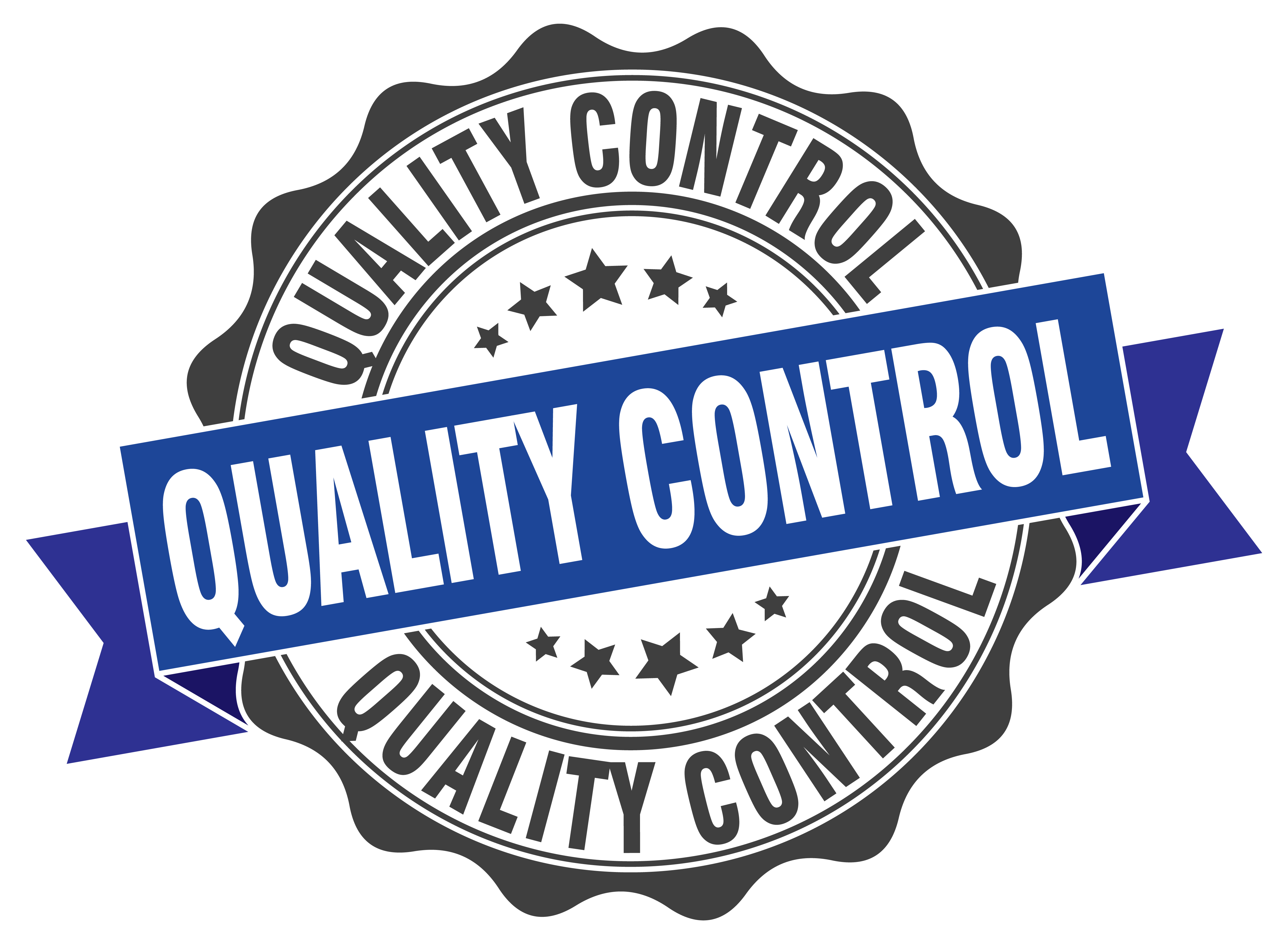Medical device quality management systems (QMS) are a vital part of your supplier relationships. A QMS consists of the procedures, policies, work instructions, and processes that help ensure that medical devices are consistently produced to agreed specifications. This makes them safe and effective to meet all the regulatory requirements for their intended use. A QMS for medical devices must adhere to regulatory standards such as ISO and the FDA’s Code of Federal Regulations (CFR). Whenever applicable, additional standards must be considered to be compliant. These standards include but are not limited to EU Medical Device regulations or environmental regulations.
Foamtec International, LLC commits to achieving the highest level of customer satisfaction by consistently providing quality products and services through continuous improvement and compliance with applicable regulations.
A medical device QMS should incorporate risk management processes that identify and mitigate any risks that may be associated with device development, manufacturing, or use. For example, identifying and managing the potential risks early and implementing strategies that can minimize risk early in the process indicates a robust QMS program.
Not only do QMS systems promote safety, but they are also critical to the development process in areas such as:
-
- Design documentation
- Records of device testing and validation
- Managing and recording changes to device design, manufacturing process, or materials.
- Corrective and preventive steps regarding defects in the product or customer complaints.
Your supplier’s QMS should:
-
- Ensure documents are up-to-date, controlled, and accessible during all development, production, and transportation stages.
- Train personnel involved in every stage of the device for QMS competencies.
- Validate all processes and monitor for effectiveness.
- Monitor devices post-market for issues or adverse events.
- Continue to improve the performance, quality, and safety of the device.
- Have a process to handle complaints and issues before they become more serious.
What Supplier factors should you consider?
Choosing suppliers with robust QMS systems is essential to maintain a consistent supply of quality products in your process. Your suppliers are critical to ensuring you can meet your customer’s expectations and comply with regulatory requirements and industry standards. Important questions to be posed include:
Is the supplier’s QMS compliant with ISO 13485 and FDA regulations?
Is their documentation comprehensive, up-to-date, and accessible?
What process testing, controls, and monitoring are in place?
How does the supplier manage their suppliers to ensure they work with high-quality companies?
Does the supplier have systems in place to address non-conformance?
Are they constantly working to improve their quality systems?
A well-implemented quality management system is always changing for the better. If changes are made with sound reasons behind them, it means the company is devoted to continuous quality improvement (CQI) to optimize their performance and commitment to you. While it’s important to ask these questions at the beginning of a relationship, it is good practice to return to them for review on a regular basis through regular audits of the supplier’s QMS.
Integrating your QMS system with your suppliers.
To ensure consistent quality, you should first identify your key suppliers and communicate with them to ensure everyone understands your quality requirements. Formal supplier agreements can outline the responsibilities and expectations of both parties. Supplier agreements can outline the process for corrective actions.
Supplier audits go a long way to preventing issues from arising, and a long-term monitoring program measuring results will help you maintain healthy supplier relationships.
Lastly, the process of handling complaints should be seamless with your supplier. Investigation and resolution should be rapid and followed through on.
Supplier relationships work best when goals are established, and communication is regular and ongoing. This is why periodic audits are essential in maintaining a good working relationship with your suppliers. During these audits, you can not only discuss any deficiencies in the system, but you can give them ideas about how they can better meet your expectations. In addition, this allows an opportunity to see how you can also meet their expectations. It is important to let the supplier know about the positive aspects as well. Things like formal and informal performance recognition and providing training and support to improve capabilities and quality will improve product performance and the bottom line for both the supplier and you.




